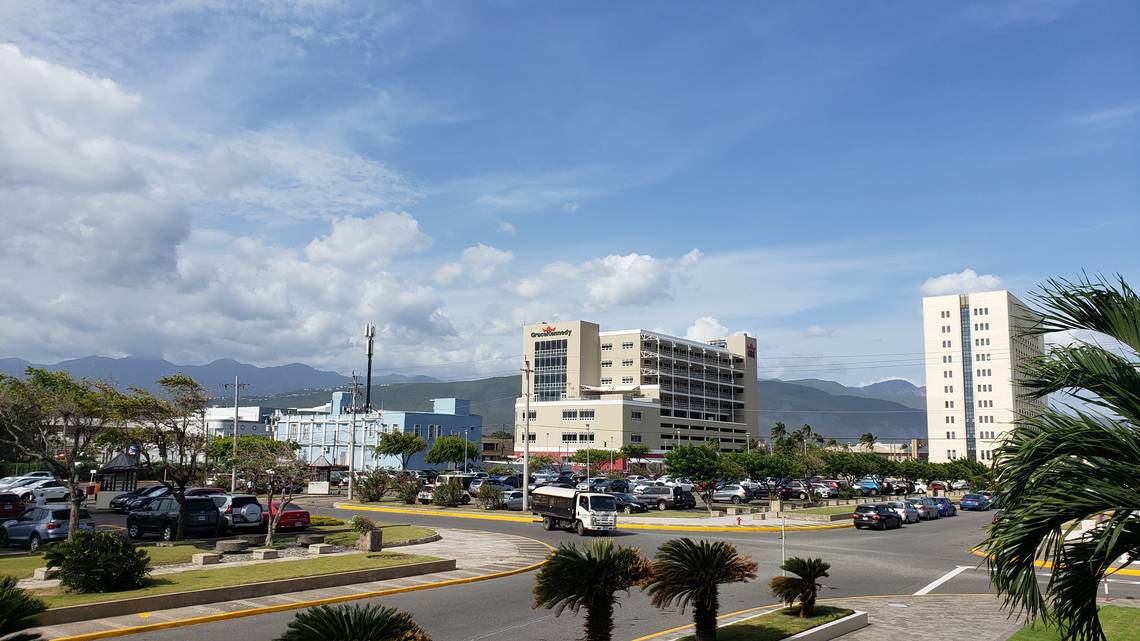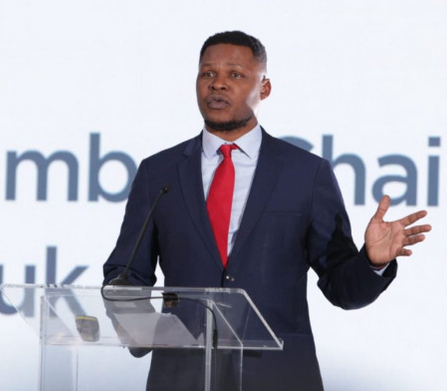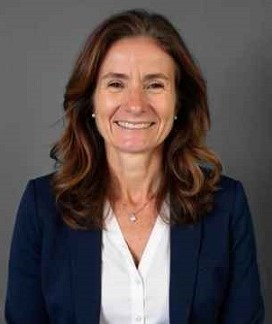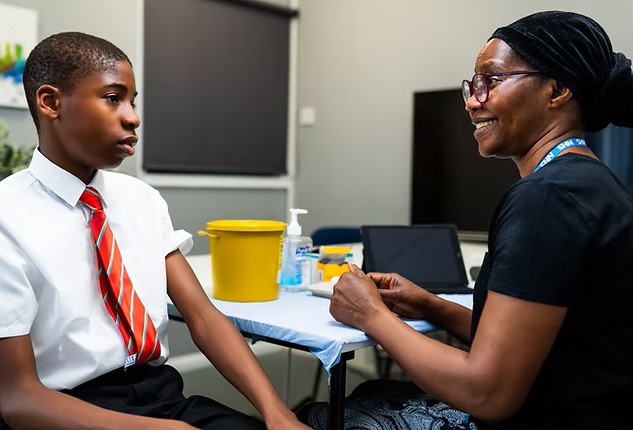United Nations-Secretary General António Guterres is headed to Jamaica Sunday to meet with Prime Minister Andrew Holness where the two will discuss a wide-range of issues affecting the Caribbean region.
The two men will meet on Monday and the topics to discuss include the impact of the climate crisis in the Caribbean region and the global framework for disaster risk reduction. Also development financing will be a major discussion item.
Jamaica, along with Canada, is co-chair of the Group of Friends on Financing for Development.
The effort is focused on reforming the global financial architecture so that developing countries, including those that are middle-income, can better manage debt and access technology and finance at affordable rates. This has been a major issue for Caribbean nations, which had their tourism-dependent economies hit hard by the COVID-19 pandemic and as a result forced to take on more debt.
Despite this, many continue to be considered middle-income countries and therefore subject to high interest rates. Guterres’ spokesperson Stéphane Dujarric said both leaders will also discuss the situation in Haiti and how to involve the international community more strongly. Some 22 months after the assassination of Haitian President Jovenel Moïse, Haiti remains in the throes of deepening chaos with hunger and cholera spreading throughout; and armed gang violence and kidnappings on the rise.
There is also now worrying mob killings and lynchings of alleged gang members. At least 164 of such killings were documented in April, according to the United Nations Integrated Office in Port-au-Prince. Enter to win a $100 Apple gift card in recent days, police have launched several anti-gang operations aimed at taking back control of some communities.
These includes the communities of Martissant and Portail Léogâne that are located just south of the capital and have been under gang control for two years. Police announced they were carrying out operations in the area, specifically against those operating in Village de Dieu, and heavy gunfire could be heard near the infamous kidnapping lair as specialized police units confronted armed gang members.
During a Saturday visit to the Portail Léogâne police substation, under heavily armed guards, Police Chief Frantz Elbé, said the police force “today finds itself at a historic crossroads where the population needs it like never before,” he said.
“It’s important for us to unite...for all the police to become one to fight back against the gangs so that the population can live normally.” U.N. officials have acknowledged efforts by Haiti’s beleaguered force to go after gangs but have noted that due to their small numbers, lack of equipment and firepower, they have a hard time maintaining control of the areas once they succeed in taking back control.
Guterres recently supported Haitian Prime Minister Ariel Henry’s request for the rapid deployment of an international force to Haiti to assist the Haiti National Police, and both he and his special representative in Port-au-Prince have reiterated the call. Jamaica, along with a few other smaller nations, has expressed a willingness to send troops to Haiti as part of a multinational force.
But seven months after Guterres’ request, no large country has stepped forward to lead the effort. The United States, which penned a resolution at the U.N. Security Council to support such a deployment, doesn’t want to lead and had been hoping Canada would.
Though the country participated in several discussions with Jamaica, Haiti and other Caribbean nations, it has sent signals to the contrary. In both meetings with Caribbean Community leaders in the Bahamas and President Biden in Ottawa, Canadian Prime Minister Justin Trudeau announced that Canada, for now, was focused on aiding the situation by proving financial assistance to the Haitian national police and by sanctioning individuals the Canadian government believes are supporting gangs and destabilizing Haiti through corruption.
In addition to its offer of troops, Holness, who visited Port-au-Prince in February, also offered to host a meeting of Haiti’s warring political factions in order to find a broader consensus around governance, which the international community has been insisting on.










